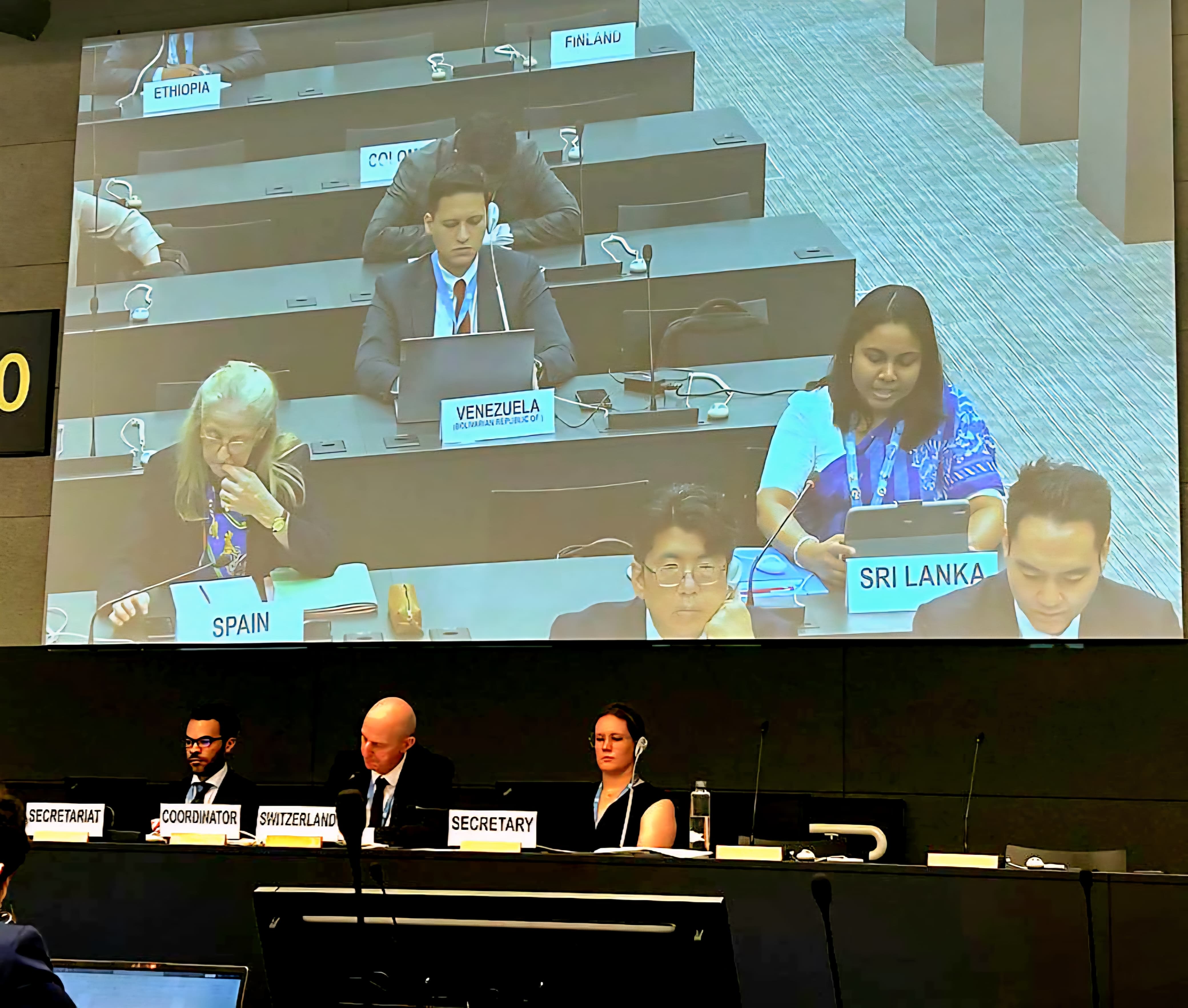
Mr. Coordinator,
Sri Lanka reiterates its steadfast commitment to complete elimination of nuclear weapons and preventing nuclear war through legally binding instruments. As a nation that championed the 1978 UN General Assembly Special Session on Disarmament (SSOD1), Sri Lanka emphasizes the urgency of translating technical and institutional discussions into actionable, legally binding commitments.
As we all know, the current realities of multilateralism have proven the difficulties of negotiating or agreeing on a new legally binding instrument to address the asymmetries of the existing treaties for nuclear disarmament and non-proliferation. Therefore, identifying synergies and complementarities of existing treaties and mechanisms, including the NPT, the TPNW, the CTBT, and the relevant UNGA resolution and other legal provisions and exploring their full implementation to address the new threats of nuclear weapons and arsenals would be an alternative in addressing the rapidly escalating threats. The Universalization of the NPT, TPNW and the CTBT remains an urgent priority in order to bring all nuclear weapon states and non-nuclear weapon states into an inclusive dialogue on nuclear disarmament.
Sri Lanka believes that any new legally binding instrument must address the gaps in the existing legal regimes and enforce time bound, pragmatic, verifiable and irreversible steps to eliminate nuclear weapons.
As the President of the 1995 NPT Review and Extension Conference resulted in the indefinite extension of the Nuclear Non-Proliferation Treaty (NPT), which remains a significant and historic milestone of nuclear disarmament even today, Sri Lanka regrets the longstanding stalemate in international efforts to move forward in addressing the issue of nuclear weapons.
Under the Presidency of Sri Lanka, the 1995 NPT Review Conference also strengthened the review process of the NPT for the operation of the Treaty with a view to ‘assuring that the purposes of the Preamble and the provisions of the Treaty are being realized’. Today, all we need to do is collectively envisaging to address persistent challenges and build on lessons learnt from the previous review cycle, which ended without consensus, in order to avoid wasting the opportunities at the forthcoming Review Conference in 2026.
Let me also recall the opinion of Justice C.J. Weeramantry, a renowned Sri Lankan judge and a former Vice President of the International Court of Justice (ICJ) on the Legality of the Threat or Use of Nuclear Weapons in 1996.
Quote
“Use or threat of use of nuclear weapons is illegal in any circumstances whatsoever. It violates the fundamental principles of international law, and represents the very negation of the humanitarian concerns which underlie the structure of humanitarian law.”
Unquote
In his opinion, Justice Weeramantry further states that “In the field of nuclear disarmament, it also reminds all nations of their obligation to bring these negotiations to their conclusion in all their aspects, thereby ending the continuance of this threat to the integrity of international law”
Looking ahead, it should also be underlined that political will remains a challenge in achieving technical and institutional capabilities for nuclear disarmament.
In conclusion, Sri Lanka wishes to convey our appreciation to Switzerland for its leadership in this subsidiary body and for conducting informal consultations on diversified themes.
Thank you
